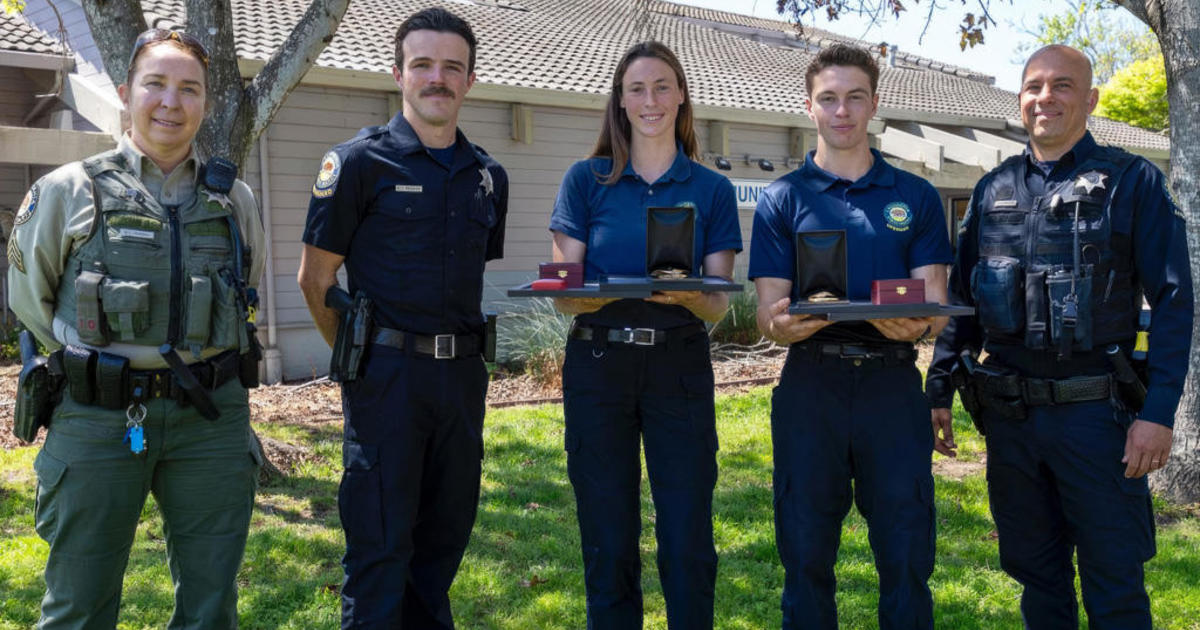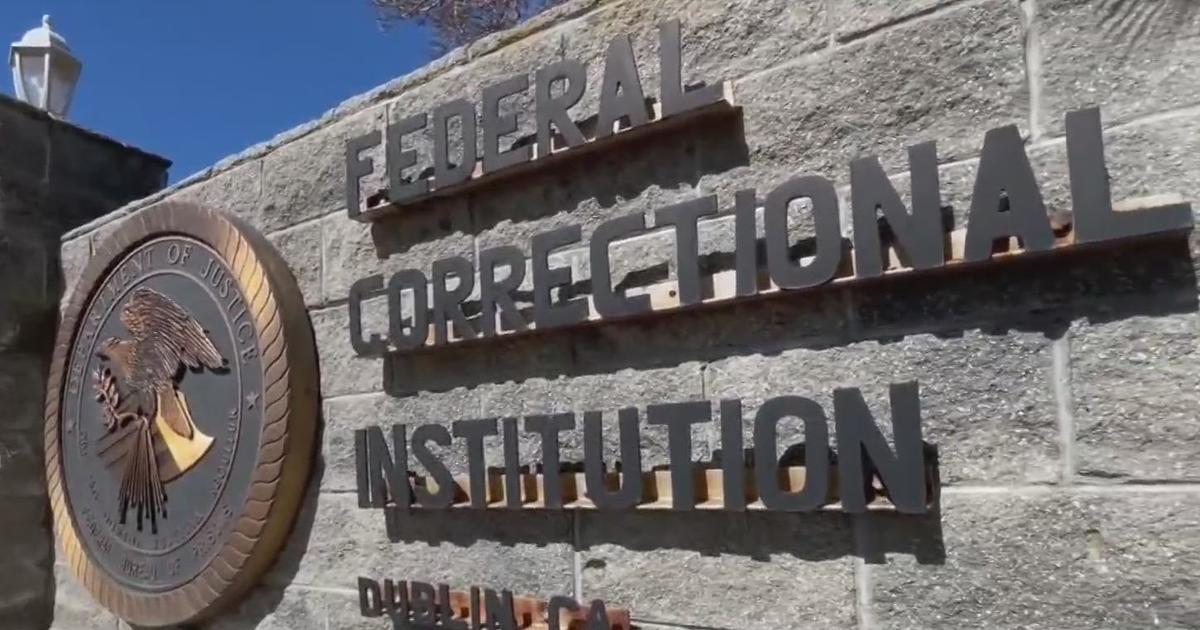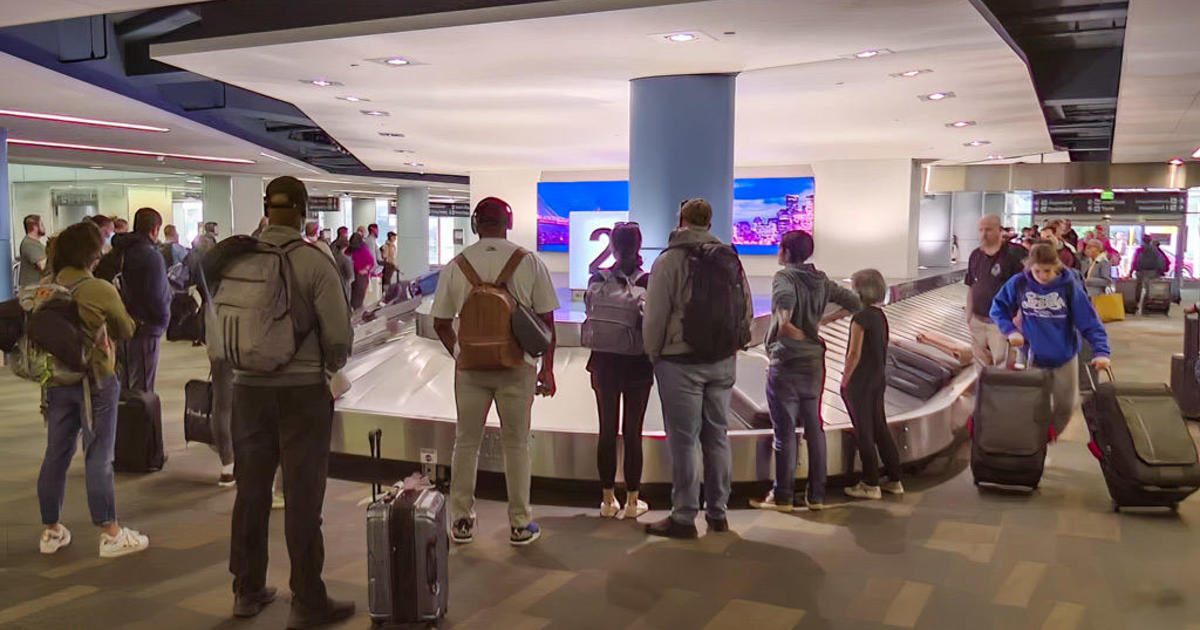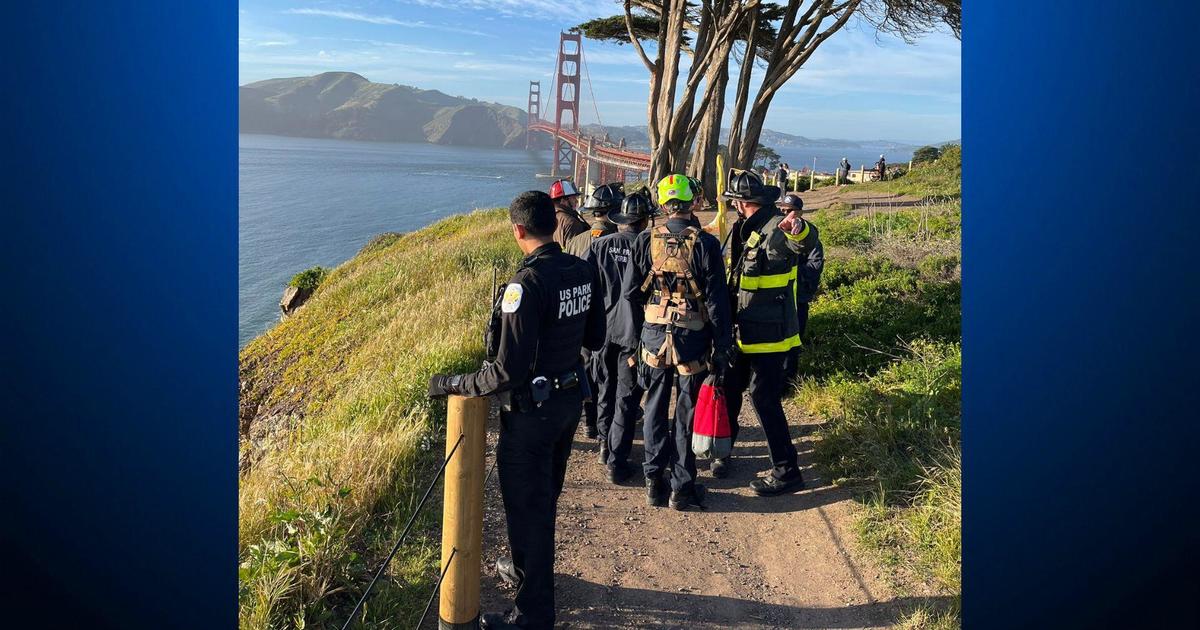California Eyes Eminent Domain Seizure Of Beach Access Blocked By Tech Billionaire
HALF MOON BAY (CBS SF) -- The California State Lands Commission took a first step Tuesday toward a possible eminent domain proceeding to obtain public access to Martins Beach near Half Moon Bay.
The three-member commission at a meeting in Sacramento instructed its staff to prepare a report on the steps that would be needed to use eminent domain to seize and pay for a public right of way through property owned by Silicon Valley entrepreneur Vinod Khosla.
The move comes after two years of negotiation between the commission and two companies created by Khosla were unsuccessful.
"We're entering the next phase. We are not happy about the impasse and we are resolved to do something about it," said Lt. Gov. Gavin Newsom, a commission member.
"We are resolved to provide public access to this public resource," Newsom said.
The commission has thus far not voted to use its eminent domain power, but rather has ordered a work plan for possible use of that authority, commission Executive Officer Jennifer Lucchesi emphasized in announcing the action.
State Controller Betty Yee, who chairs the commission, said, "We're giving staff directions to describe the next steps. There are a lot of required elements to be fulfilled."
The agency staff has estimated a public right-of-way, including a small parking area, would take 6.39 acres of a 49-acre parcel owned by Khosla on sloping land between State Highway 1 and the beach at the Pacific Ocean.
Lucchesi also revealed Tuesday that the commission staff appraised the fair market value of the easement land at $360,000 for purpose of negotiations. Khosla lawyers have estimated the price at $30 million. Commission members noted, however, in the eminent domain process, the price of land seized is not the fair market value, but instead is the highest probable price, which is likely to be a higher amount.
Khosla bought the property in 2008 for $32 million and beginning in 2009 sought to keep the public out by closing the gate to the only road to the beach and posting a "No Trespassing" sign.
The previous owners kept the gate open most of the time, displayed a welcome billboard, built a parking lot and sometimes charged a parking fee. Beach users included surfers, families and fishermen.
A 2014 state law, spearheaded by state Sen. Jerry Hill, D-San Mateo and Santa Clara counties, required the commission to negotiate with Khosla's companies, Martins Beach 1 and Martins Beach 2, to acquire an access route. The law authorizes the commission to use its eminent domain power if negotiations are unsuccessful.
Hill said after the commission's announcement, "I'm very excited by it. I felt they took that step with a strong conviction that indicates they intend to provide access to the public."
The commission decided on the step in a closed session after hearing public comment.
Jeffrey Essner, a lawyer for Khosla and his companies, urged the commission during the comment period to reject using eminent domain.
He said Khosla is a philanthropist, an environmentalist and also "a man of principle."
"Mr. Khosla is unable to give up a vested constitutional property right. There is no constitutional right to cross Mr. Khosla's property," Essner said.
"If the state moves to proceed with eminent domain, the cost will be significant, $10 million or more. Is this the best and highest use of state funds?" the attorney asked.
Essner said Khosla is willing to negotiate opening access for about 15 days per year, the same number of days his contractors observed more than 10 cars in a beach parking lot in 2008.
Commission staff members said in a report to the agency they believe the 15-day plan doesn't reflect public use or demand for the beach. The report proposes that an easement would be open seven days per week from dawn to dusk.
On Monday, the opening day of the state Legislature's new session, Hill introduced a bill to appropriate funds to pay for commission staff research and acquisition of an easement. He said the amount of money will be added to the bill later after the cost is determined.
Hill said after Tuesday's commission meeting that even if the $360,000 appraisal is multiplied several times, the cost would be minimal in the state budget and might be paid by San Mateo County or a nonprofit land trust.
"A beach is a valued treasure. The California Constitution gives the public a right of access. There is no price for that right," Hill said.



